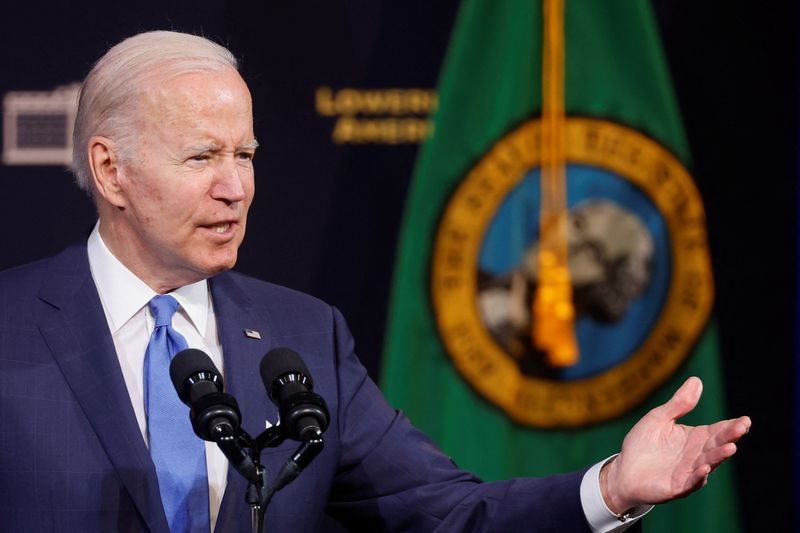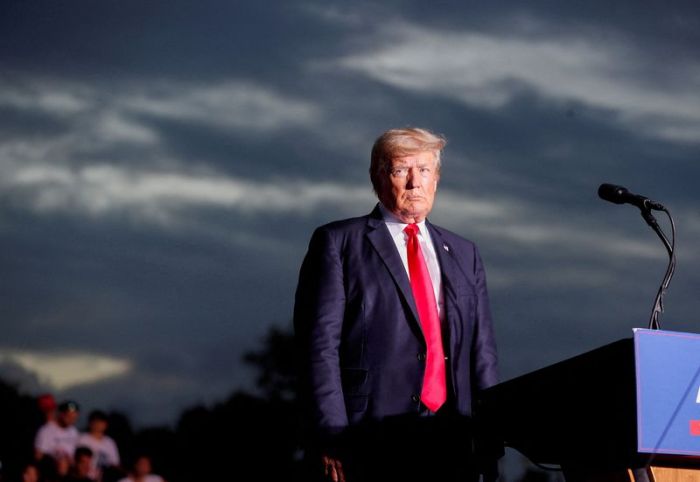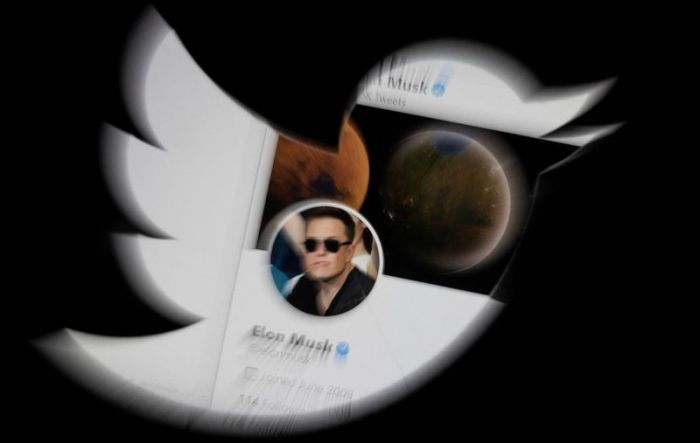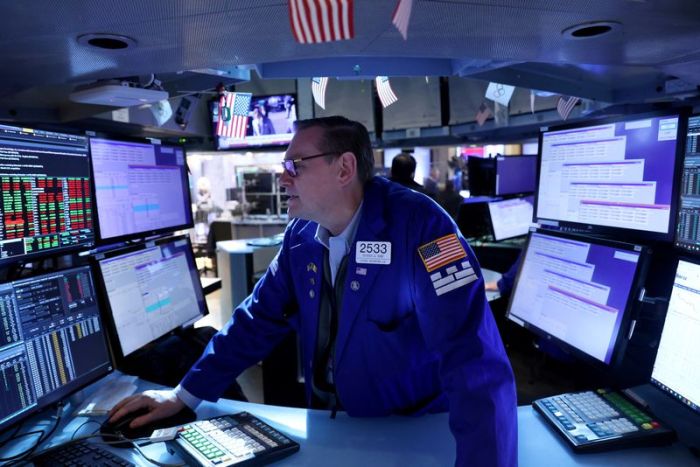(Corrects spelling of Yovanovitch’s name in paragraph 4)
WASHINGTON (Reuters) – U.S. President Joe Biden named veteran diplomat Bridget Brink as the new U.S. ambassador to Ukraine, the White House said on Monday, moving to fill a crucial position that was vacant for nearly three years and at a time when Washington is ramping up its support to help Ukraine fend off a Russian invasion.
Brink, who is currently serving as the U.S. ambassador to Slovakia, has been a career diplomat for 25 years and has worked in Uzbekistan and Georgia as well as at several senior positions across the State Department and White House National Security Council.
A Michigan native who speaks Russian, Brink’s “decades of experience make her uniquely suited for this moment in Ukraine’s history,” a State Department statement said.
The position, which had been vacant since former President Donald Trump abruptly recalled then U.S. ambassador to Ukraine Marie Yovanovitch in May 2019, must be confirmed by the U.S. Senate.
The announcement on the nomination of Brink came during a trip over the weekend by Secretary of State Antony Blinken and Secretary of Defense Lloyd Austin to Ukrainian capital Kyiv, where they met President Volodomyr Zelenskiy and other top Ukrainian officials.
The visit was designed to show Western support for Ukraine and the cabinet secretaries also pledged new aid worth $713 million for Zelenskiy’s government and countries in the region, where Russia’s invasion has raised fears of further aggression by Moscow.
During the trip, Washington also announced that U.S. diplomats will be returning to Ukraine this week — initially resuming “day trips” from Poland where they are currently stationed to the Western Ukrainian city of Lviv across the border.
“The increased U.S. presence demonstrates our support for Ukraine and is part of the U.S. commitment to return our diplomats to our Embassy in Kyiv as soon as possible,” the State Department said in a statement.
U.S. diplomats had departed the Kyiv embassy nearly two weeks before the Feb. 24 invasion, moving some functions to the western city of Lviv before eventually relocating to Poland.
Russia’s Feb. 24 invasion of Ukraine has killed thousands of people, displaced millions more and raised fears of a wider confrontation between Russia and the United States – by far the world’s two biggest nuclear powers.
The United States has ruled out sending its own or NATO forces to Ukraine but Washington and its European allies have supplied weapons to Kyiv such as drones, Howitzer heavy artillery, anti-aircraft Stinger and anti-tank Javelin missiles.
(Corrects spelling of Yovanovitch’s name in paragraph 4)
(Reporting by Humeyra Pamuk and Susan Heavey; Editing by Doina Chiacu, Edmund Blair and Chizu Nomiyama)

























